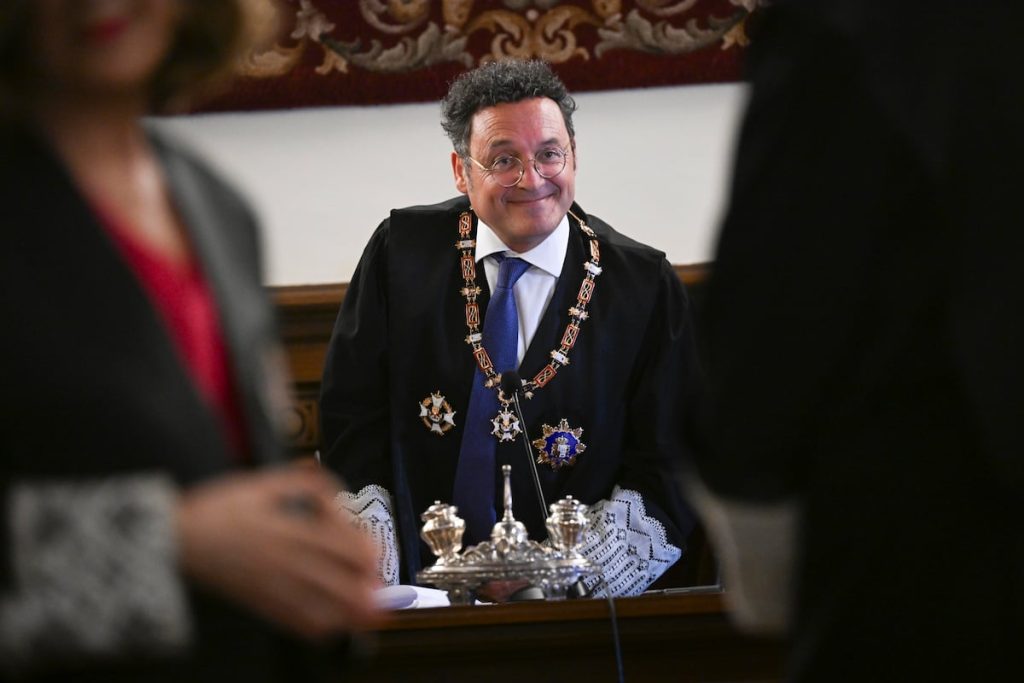During a session of control, the President of the Government, Pedro Sánchez, and the leader of the PP, Alberto Núñez Feijóo, traded accusations of corruption. Feijóo blamed Sánchez for allegedly knowing about and covering up the case Koldo and other investigations involving his wife or brother, predicting that his judicial struggle would be much worse than his legislative one. Sánchez, in response, highlighted that his party took action against those suspected of corruption, unlike the PP, which seems to protect and expel whistleblowers, referencing the case of Pablo Casado, who resigned after exposing the brother of Isabel Díaz Ayuso.
Feijóo used his time to question Sánchez on his conversations with the businessman Víctor de Aldama, allegedly involved in the case Koldo, currently in prison. Sánchez denied any cover-up, stating that both are equal before the law but not before corruption. He emphasized that his government and party have taken concrete steps in the case Koldo: acting by expelling Ábalos, collaborating with justice, and governing towards a more prosperous and united country by 2027. Feijóo, in his response, accused Sánchez of colluding with the justice system to file a complaint against the judge investigating his wife, asserting that all paths in the cases Koldo, his wife, or family lead back to the president.
Feijóo claimed that Sánchez knew everything and covered it up, alleging that the president is linked to four cases with 15 crimes affecting 11 ministries, the third authority of the state, his party, government, and family. He accused Sánchez of coming into power as a champion against corruption but ending up being crucial in the corruption scheme. Sánchez reiterated his party’s stance on holding wrongdoers accountable, contrasting it with the PP’s tendency to sideline whistleblowers and praise those involved in corruption cases, such as Casado and Ayuso. He pointed out that the PP has a corruption scandal for every letter of the alphabet, from Ayuso to Zaplana.
The exchange continued with Feijóo accusing Sánchez of being at the center of a web of corruption, while Sánchez tried to portray his party as taking decisive action against corruption. Feijóo brought up specific cases and allegations, connecting them back to the president. Sánchez maintained his position, emphasizing the difference in how the two parties handle corruption allegations. The session showed the deep-seated political animosity between the two leaders, with accusations flying back and forth, highlighting the pervasive issue of corruption in Spanish politics. It remains to be seen how these exchanges will impact public opinion and future political developments in Spain.


